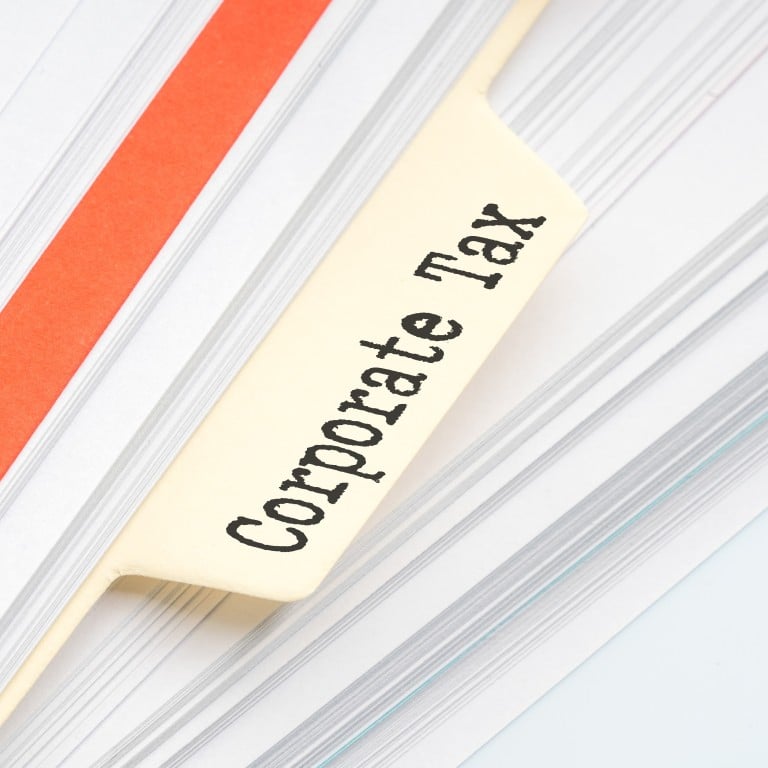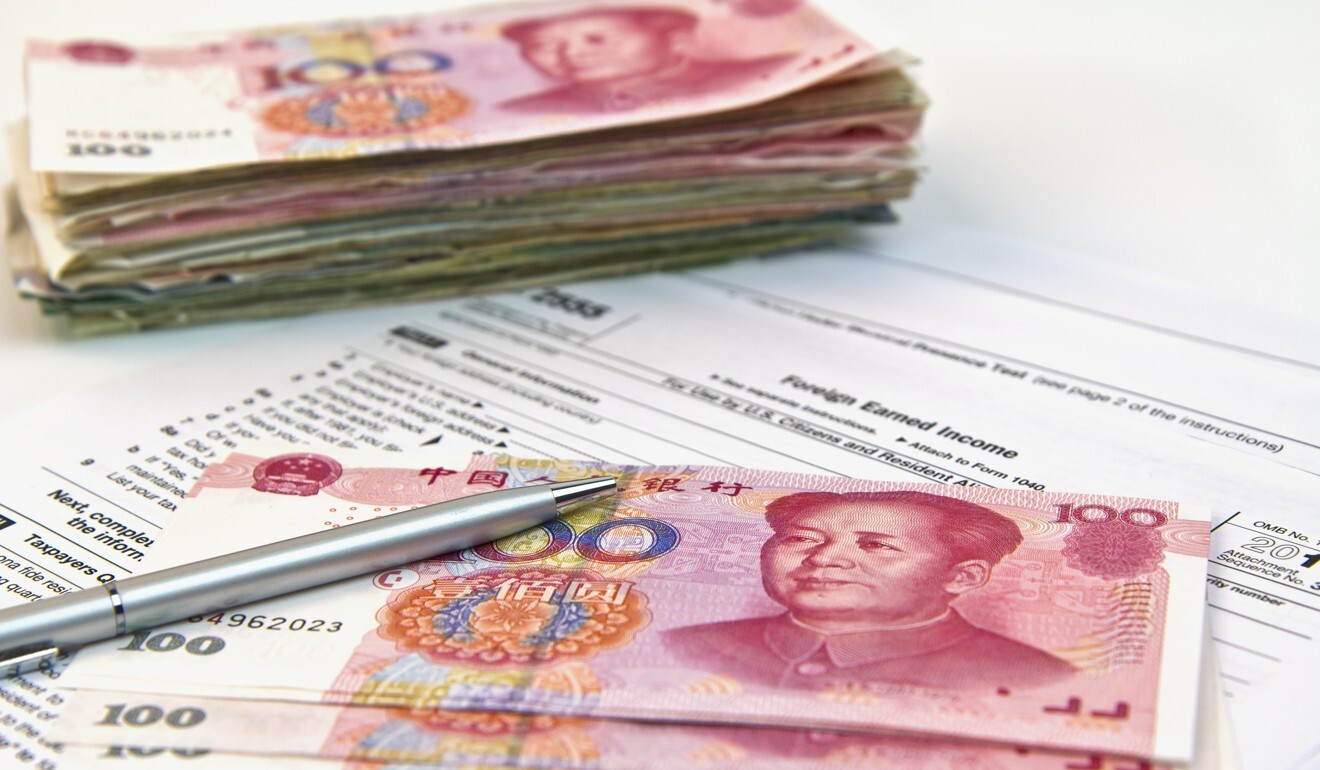
China says it will continue to work for ‘fairer’ global minimum tax rate that could force tech giants to pay more
- The plan is being driven by the G20 and OECD and could make it harder for the likes of Apple, Google and Facebook to avoid paying tax in their home countries
- The two-pillar scheme is designed to impose a global minimum of 15 per cent on corporations
Finance Minister Liu Kun said on Friday that the introduction of a global minimum corporate tax rate of 15 per cent would help to create a fair and sustainable international tax system.
“China is a big digital economy. We have always adhered to the spirit of multilateralism and an open and cooperative attitude,” Liu told a press conference. “We have actively participated in the consultation and design of the two-pillar solution, and we have made contributions.”
The so-called Base Erosion and Profit Shifting 2.0 scheme, contains two “pillars”, the first of which is aimed at making multinational companies – particularly American technology giants such as Google, Apple and Facebook – pay taxes to the countries where their customers and users are located rather than where the company had a physical presence.
New global tax regime seen pushing ‘exposed’ Asean nations closer to China
Under pillar two, a minimum effective tax rate of 15 per cent will be applied to ensure multinationals pay at least some tax in their home countries.
If a subsidiary is taxed at a rate lower than 15 per cent in a different jurisdiction, the government of the country where the multinational is headquartered can apply a top-up tax to bring the rate applied to profits back up to 15 per cent.
Liu urged the leaders of the Group of 20 countries to address the major concerns of different economies and take into account their needs and stages of development.
China will take part in follow-up negotiations, and help reach a more stable and balanced two-pillar framework that helps safeguard national interests, Liu said. The current goal is to reach a consensus on the programme by October.
Analysts said Beijing was backing the deal because it hoped to maintain good relations with the West, play a part in global leadership and because it would not be too burdensome for its economy.

China’s corporate tax rate is technically 25 per cent, but drops to 15 per cent for certain hi-tech companies.
The country is a magnet for global investors due to its huge market and established supply chain and Beijing is aware its appeal lies in its well-established manufacturing capabilities and consumer demand, rather than tax breaks.
China was the world’s largest recipient of foreign direct investment last year, attracting US$163 billion, according to the United Nations Conference on Trade and Development.
The momentum has continued into 2021, with foreign investment rising by 39.8 per cent to US$71.5 billion in the first five months compared with the previous year.
Following the G7 endorsement of the global tax floor in early June, Hainan announced it was tightening supervision of its business environment to ensure the island did not become a tax haven after last year’s decision to cut income tax rates for selected individuals and companies from 45 per cent to 15 per cent.
What is a global minimum tax, and how will it work?
Zhu Qing, a professor from the School of Finance at Renmin University said changes to international tax rules would have a limited impact on Chinese companies, which generally do not meet the stipulated turnover and profit requirements.
But Zhu said some big Chinese internet companies could be affected, and Fortune 500 data suggested that at least three firms would be liable to pay between US$16 million and US$253 million overseas.


